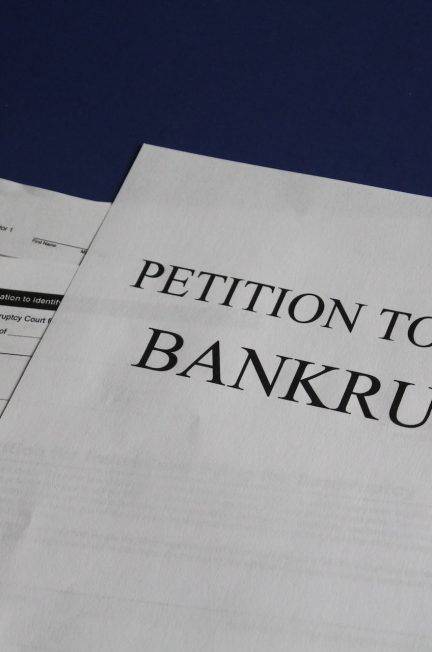If you are unable to pay your bills, it may be time to file for bankruptcy. When you do, you will receive a fresh start and will no longer be obligated to repay your debt. You should, however, keep in mind that filing bankruptcy will leave a financial impact on you for the long-term.
The costs of bankruptcy vary widely, depending on the type of bankruptcy you choose to file. You can get the filing fee waived if you qualify. Alternatively, you can ask to have your fees paid in installments.

You might also be able to obtain a free consultation. This will help you decide whether or not you are eligible for bankruptcy and which type is best for you. Often, attorneys offer a free consultation as part of their services. Whether you opt to go with a pro-bono attorney or pay for the cost yourself, it is important that you understand your rights and have a clear picture of what to expect.
In addition to the filing fee, you will also need to pay attorney fees. You can ask your attorney to charge these costs to your account or you can use a tax refund.
Before you begin the process, you will need to take a look at your budget and savings. Find ways to cut down on your expenses as much as possible. For instance, consider putting a few hundred dollars a month into a savings account. You can also try to sell or dispose of any expensive items you have.
Once you have decided that bankruptcy is the right option for you, you will need to provide information to the court about your income and expenses. Having a detailed understanding of your financial situation will ensure that you can qualify for bankruptcy and receive the benefits you are entitled to.
There are a few things that you should avoid when you are in financial trouble. These include making large purchases, allowing yourself to become overspending, and not having a solid financial plan. Other things that you can do to prepare are to consult an attorney, save money, and borrow money. Getting your finances in order will make hiring an attorney easier.

Depending on your circumstances, you may be able to qualify for a bankruptcy waiver. If you qualify, you can ask the court to waive the filing fees or even the legal counseling. Typically, the courts have a limited number of waivers and they are based on your income and the amount of your debt.
Although you may not have the money to hire an attorney, you can still file for bankruptcy. Generally, you are allowed to have up to four installments. However, you cannot propose more than this, and you must file your payments on time. A bankruptcy filing may also require you to sell nonexempt assets.
It is important to be aware that your creditors are likely to pressure you to send them money to cover your debts. They may also try to convince you to reaffirm your debts. While bankruptcy will clear your debts, they can have a negative effect on your credit score in the long run.
Photo by Melinda Gimpel on Unsplash


